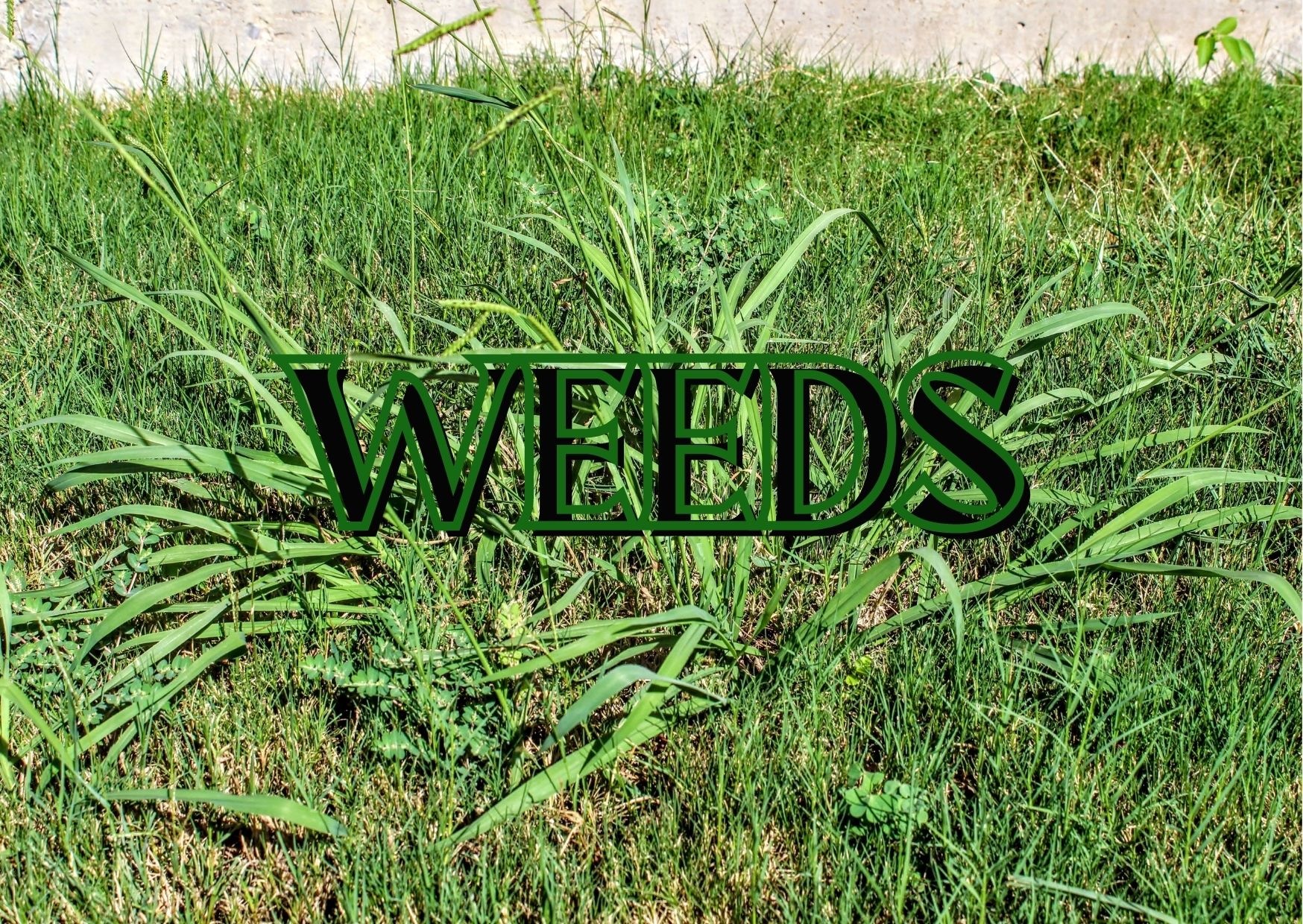
Blog 3.7.2022
Growing like Weeds
This past year I had a terrible infestation of Digitaria ischaemum in my lawn. Digitaria ischaemum is the scientific name for crabgrass. There are several problems with crabgrass. First, once it grows, it is not pleasing to the eye. It is not comfortable to walk on; thirdly, it is pervasive and invasive, spreading throughout a lawn very quickly. Finally, the most troublesome issue is that it is resilient and difficult to exterminate. I tried every feasible method to get rid of it. Still, to no avail, the grass-weed kept enduring happily in my yard, propelled by the summer sun and dry climate. That was until late fall; at that time, the days became shorter and the nights colder, and thankfully that weed was the first plant that began to wither. All of the time and effort that I put into eradicating that pest was fatefully accomplished within a few days by the turning of the seasons orchestrated by God’s masterful design.
This whole ordeal reminds me of Jesus’ parable of the wheat and the tares (weeds) recorded in Matthew 13.
Matthew 13:24-30
“He put another parable before them, saying, “The kingdom of heaven may be compared to a man who sowed good seed in his field, 25 but while his men were sleeping, his enemy came and sowed weeds among the wheat and went away. 26 So when the plants came up and bore grain, then the weeds appeared also. 27 And the servants of the master of the house came and said to him, ‘Master, did you not sow good seed in your field? How then does it have weeds?’ 28 He said to them, ‘An enemy has done this.’ So the servants said to him, ‘Then do you want us to go and gather them?’ 29 But he said, ‘No, lest in gathering the weeds you root up the wheat along with them. 30 Let both grow together until the harvest, and at harvest time I will tell the reapers, “Gather the weeds first and bind them in bundles to be burned, but gather the wheat into my barn.”’”
I, too, felt like the people in this parable stating, “Did I not have good seed in my lawn?” The explanation of the parable (Matthew 13:36-43) gives us some further insight into the meaning of the parable. These “weeds” belong to the evil one, and they cause harm and ill-intent for those around them. They are pervasive, resilient, and difficult to overcome. You cannot pull these weeds up, or they will cause even more harm to those around them. The parable lays out the ideal methodology of dealing with them… is waiting until the end. These weeds have their season, and it is up to the good plants to outlast them. In 1 Timothy, we are implored to endure “The saying is trustworthy, for: If we have died with him, we will also live with him; if we endure, we will also reign with him; if we deny him, he also will deny us; if we are faithless, He remains faithful– for he cannot deny himself” (2 Timothy 2:11-13). Even though the weeds might be absorbing the nutrients and blocking out the sun, we must endure and survive the season of weeds. Endurance is the mark of faithful people, maintaining that faith throughout the most challenging of circumstances. Therefore, we wait on God’s perfect timing and become resolute to outlast the evils that persist around us. Much like the weeds in my lawn, there was very little I could do about weeds that were already there- they may have won the battle- but they would not win the war. I had to stay strong and allow God to do His work in my sphere of life.
One final thought on weeds, the world we live in is an ideal climate for weeds to grow, but it is also the perfect climate for my faith to be made stronger. If I am waiting for God and His timing, isn’t that the fulfillment of my faith? Enduring among the weeds requires me to trust God, and trusting God is a blessing. Therefore, I should count myself blessed to persevere, even in the most treacherous of times, because it is an expression of my faith. It may seem counterintuitive, and although we would like to live in a weed-free world, having weeds creates opportunities to endure and allows our faith to grow.
While we live in the season of weeds, let us be patient, wait on God’s timing, and endure as we prove our faith in God and His perfection.